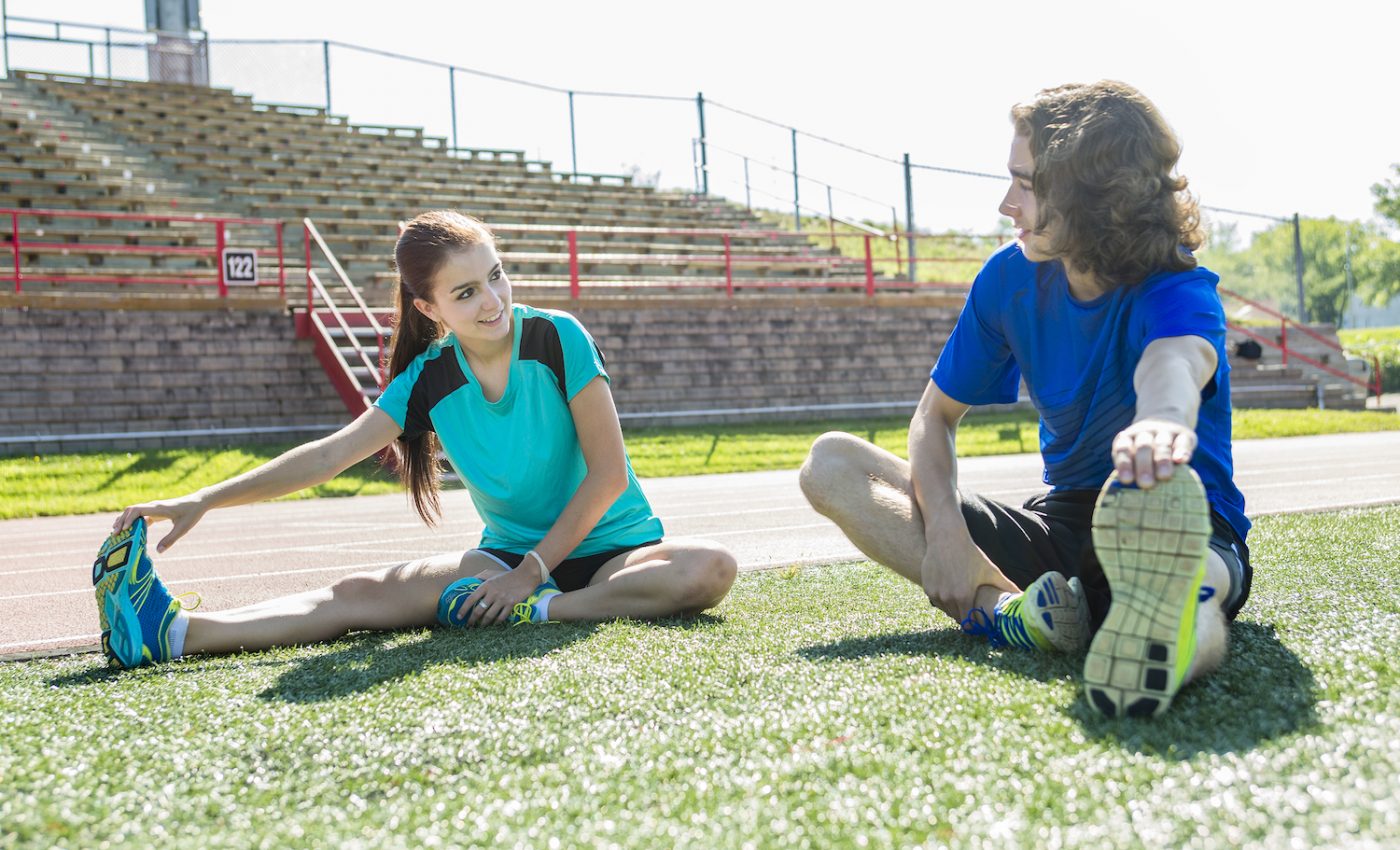
More physical activity during the day can help teens sleep more efficiently
In a new study from Penn State University, researchers conclude that teens who exercise more during the day often go to sleep earlier at night and stay asleep longer. More specifically, the team found that an extra hour of exercise per day causes teens to fall asleep 18 minutes earlier and stay asleep for 10 minutes longer.
Their findings are published in Scientific Reports.
“Adolescence is a critical period to obtain adequate sleep, as sleep can affect cognitive and classroom performance, stress, and eating behaviors,” said Lindsay Master, a Penn State data scientist. “Our research suggests that encouraging adolescents to spend more time exercising during the day may help their sleep health later that night.”
Furthermore, the researchers found that increased sedentary behavior led to teens falling asleep later and waking up later, but sleeping for an overall shorter period of time.
“You can think of these relationships between physical activity and sleep almost like a teeter totter,” said Orfeu Buxton, professor of biobehavioral health at Penn State. “When you’re getting more steps, essentially, your sleep begins earlier, expands in duration, and is more efficient. Whereas if you’re spending more time sedentary, it’s like sitting on your sleep health: sleep length and quality goes down.”
To come to their conclusion, researchers analyzed data from 417 teens who participated in the Fragile Families and Child Wellbeing study, a national cohort from 20 United States cities. When each participant was 15 years old, they wore accelerometers on their hips and wrists to measure physical activity and sleep for one week.
“One of the strengths of this study was using the devices to get precise measurements about sleep and activity instead of asking participants about their own behavior, which can sometimes be skewed,” Master said. “The hip device measured activity during the day, and the wrist device measured what time the participants fell asleep and woke up, and also how efficiently they slept, which means how often they were sleeping versus tossing and turning.”
This data also led the researchers to conclude that more sleep and waking up later led to teens being more sedentary the next day. Master said that this could be because there is less time in the day to become active when a teen sleeps in.
Their findings also found that 73% of teens are not getting the minimum 8 to 10 hours of sleep that experts recommend.
“Becoming our best selves means being more like our best selves more often,” Buxton said. “We were able to show that the beneficial effects of exercise and sleep go together, and that health risk behaviors like sedentary time affect sleep that same night. So if we can encourage people to engage in more physical activity and better sleep health behaviors on a more regular basis, it could improve their health over time.”
—
By Olivia Harvey, Earth.com Staff Writer












